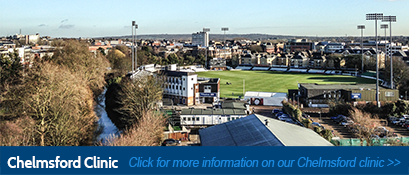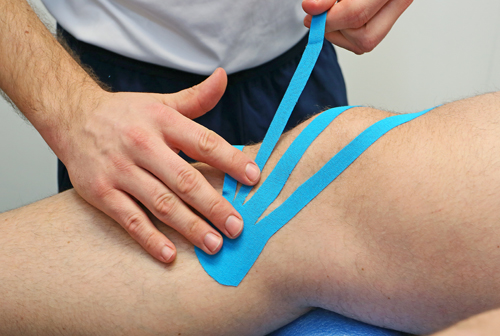Heel pain
What is it?
Plantar fasciitis is a condition that causes pain under your heel. The plantar fascia is a strong band of soft tissue that runs from your heel to the bones of your mid-foot. Its function is to support the arches of the foot and act as a shock absorber during impact. Acute injury to this band of tissue or degenerative changes due to micro-trauma or overuse causes the symptoms of plantar fasciitis. Treatment is proven to speed up its recovery.
The condition is more common in people who: are on there feet a lot of the time, have recently returned to exercising, changed their exercising surface, wear poor footwear, suffer from obesity, have calf tightness or sustain a sudden overstretching to the sole of their foot.
Pain is the main symptom of plantar fasciitis. People also complain that the first few steps in the morning are the worse or taking some steps after a period of resting.
What we do?
The physiotherapists at The Physiotherapy Academy can help diagnose this condition by taking a through history and performing a physical examination. Rarely further tests are needed.
Healing of fascia is a slow process. Physiotherapy treatment has been proven to speed up this healing process.
What the benefits are?
Early intervention and advice has been proven to reduce symptoms and speed up recovery. This will enable you a quicker return to occupational, social and physical activities.
How can we help?
We will advise on modifying your activities to enable some relative rest to the foot.
We will provide footwear advice to enable a supported environment for the fascia to heal.
An assessment of your foot posture will be carried out to ascertain if you would benefit from some heel pads or arch supports.
An individually tailored exercise program will be given based on the examination findings to reduce symptoms, promote healing and speed up recovery.
We may also use a combination of taping, soft tissue techniques, mobilisations, acupuncture, splinting, gait rehabilitation and education.
What should you do?
Seek early intervention to prevent the symptoms getting worse. The longer the symptoms are present the longer it takes to recover from this type of injury.
Wear supportive footwear and avoid walking in bare feet on hard surfaces.
Maintain a healthy weight, if you are overweight losing weight will help.
To arrange an appointment or speak to a physiotherapist, call or email on:
Southend on Sea: 01702 521 042 or info@physioacademy.co.uk
Chelmsford: 01245 254 069 or chelmsford@physioacademy.co.uk






























